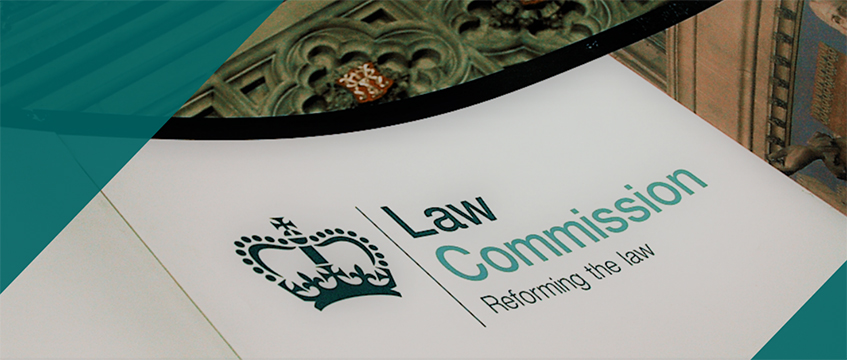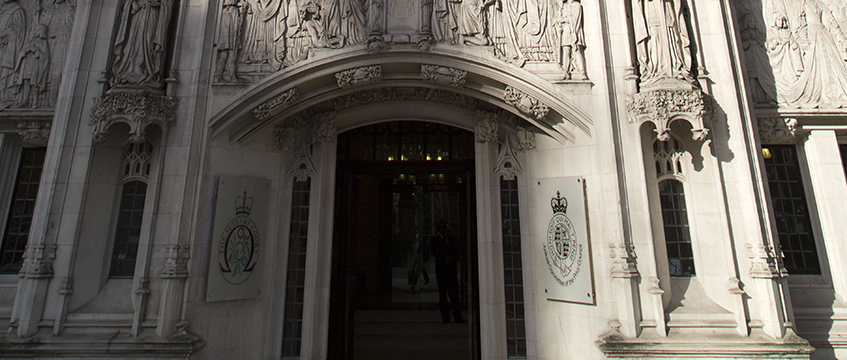Readers will be aware of the perils of service and administration charge litigation in the First-tier Tribunal (Property Chamber), where there is a very limited cost-shifting regime in residential property cases (in short, a broadly successful party can expect to recover the tribunal’s fees from the other party).
There is also a rarely exercised, although much sought, jurisdiction to order one party to pay the costs of another “if a person has acted unreasonably in bringing, defending or conducting proceedings” (paragraph 13 (1) (b) of the Tribunal Procedure (First-tier Tribunal) (Property Chamber) Rules 2013) – often referred to as “Rule 13 costs”, although strictly Rule 13 also encompasses wasted cost orders and the very different regime applicable in land registration cases.
Rule 13 in action
In practice it is normal for parties to want to use this provision as a cost-shifting regime where they succeed – “I have succeeded so you should not have opposed me” – and for that approach to be rejected by the tribunal unless there is something out of the ordinary going on in that particular case.
Until now the leading case has been a decision of the Upper Tribunal, Willow Court Management Co (1985) Ltd v Alexander [2016] UKUT 290 (LC); [2016] EGLR 48. That case set out a three-stage test. First, was the behaviour complained of objectively unreasonable? Second, as a matter of discretion, should an order for costs be made? And third, what should the terms of that order be?
In considering the first stage, the Upper Tribunal held (applying Sir Thomas Bingham’s decision in Ridehalgh v Horsefield [1994] Ch 205) that: “‘Unreasonable’ conduct includes conduct which is vexatious, and designed to harass the other side rather than advance the resolution of the case. It is not enough that the conduct leads in the event to an unsuccessful outcome. The test may be expressed in different ways. Would a reasonable person in the position of the party have conducted themselves in the manner complained of? Or Sir Thomas Bingham’s ‘acid test’: is there a reasonable explanation for the conduct complained of?”
The Upper Tribunal went on to emphasise the tribunal’s power and responsibilities, to emphasise that there was no general cost shifting rule in the FTT and to consider the relevance of a party being in person (holding that the behaviour of a party with no legal knowledge is to be judged against the standards of a reasonable person with no legal knowledge, but that a lack of representation will be less relevant at the second and third stages).
Willow Court largely settled the law within the tribunal system – the few appeals to the Upper Tribunal there were after that case concerned the application of the principles set out in the judgment rather than challenging or refining them.
The latest developments
In practice, the FTT is conscious that it is intended to be a cost neutral jurisdiction, a point stressed by the Upper Tribunal in Willow Court. There have been suggestions that it is perhaps too hard to obtain a Rule 13 order, at least in the full amount of costs incurred, where a party has behaved hopelessly but not vexatiously.
A trace of a focus on vexation might have been found in Assethold Ltd v Lessees of Flats 1-14 Corben Mews [2023] UKUT 71 (LC), where the Upper Tribunal might have been thought to consider the test to be whether the conduct complained off was vexatious and designed to harass rather than simply “unreasonable”, although this might equally have been a product of the issues that had been before the tribunal.
On 22 October 2024, the Court of Appeal handed down judgement in Lea and other leaseholders v GP Ilfracombe Management Co Ltd [2024] EWCA Civ 1241; [2024] PLSCS 185, which approves Willow Court. The test is as set out in Ridehalgh and Willow Court.
The court expressly considered whether the test was unduly restrictive and concluded that it was not; not only was the test well-established in the authorities, it was also consistent with a costs-neutral regime. Vexatiousness would be unreasonable conduct
The subject matter of Lea was a landlord that had claimed service charges on a quixotic basis and had an entirely hopeless case (by its own admission) at trial but whose agent had sincerely believed that he was acting in the best interests of all concerned.
The FTT made a Rule 13 costs order against the landlord, which was upheld on appeal to the Upper Tribunal. The Court of Appeal again upheld the order – that the landlord had not been found to be vexatious was not a bar to conduct that was clearly unreasonable (the claim was described as an abuse of process) leading to a Rule 13 order. That the tribunal had sought to salvage something from the litigation through determination on construction was not something a party could then hide behind.
Conclusion: Rule 13 Orders will remain rare, but not impossible, in practice.
Richard Granby is a barrister at Tanfield Chambers











